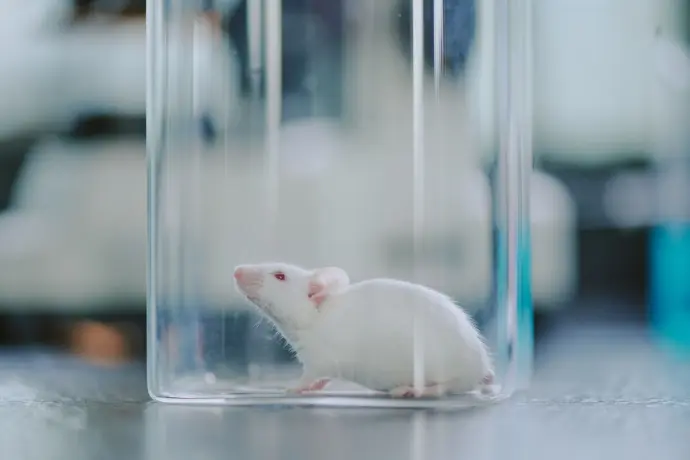Genetically Modified Mouse Models for Neuroscience Research -
Neuromice.org
Neuromice

WHAT IS NEUROMICE?
Neuromice.org provides world-class mutant mouse models for cutting-edge genetic research, neuroscience studies, and behavioral analysis. Our mouse lines are ideal for investigating genetic mutations, neurological disorders, and neuroscience applications
About Neuromice.org - Advancing Neuroscience Through Genetic Research
Neuromice.org is a collaboration between leading research centers committed to advancing the understanding of genetic mutations, neurological disorders, and behavioral changes through genetically modified mouse models. Our mission is to provide high-quality models that help push the boundaries of neuroscience research, from genetic analysis to behavioral studies


Resources for Neuroscience Researchers and Geneticists
Explore resources, including research articles, published studies, and expert insights, to assist in your genetic and behavioral research. Our resources are designed to support scientists working on genomic studies, neuroscience advancements, and genetic mutation research.
Our resources are designed to support scientists working on genomic studies, neuroscience advancements, and genetic mutation research.
Fragile X Mutant Mouse Models Now Available for Research
Mutant mouse models are a cornerstone of modern neuroscience research, offering invaluable insights into the genetic basis of various neurological disorders and behavioral traits. These genetically modified mice play a crucial role in understanding conditions such as autism, Parkinson’s disease, Alzheimer's disease, and schizophrenia. Researchers use these models to simulate human diseases and study their progression at the genetic and molecular levels.
One popular model is the Fragile X mouse, a critical tool in studying Fragile X syndrome, which affects cognitive development. The availability of these models allows scientists to develop targeted therapies for a range of neurodevelopmental disorders. The NMF470 and NMF408 models, for instance, provide insights into neuromuscular function and ataxia through visible mutant traits like body tremors and ataxia.
In addition to neurological disorders, mutant mice also aid in understanding drug abuse mechanisms, such as cocaine addiction, with models like 116TNE providing a basis for studying drug response and behavioral changes. The integration of mutant mice into genetic research has transformed how scientists approach functional gene identification and genome editing.
These models are essential for preclinical drug testing, advancing knowledge in neurogenetics, and improving personalized medicine. Many labs and institutions, like The Jackson Laboratory and The European Mouse Mutant Archive, offer access to these genetically modified mice for research purposes, helping drive innovation in biomedical research.
With the growing interest in genetic research, mutant mouse models continue to shape the future of neuroscience, contributing to the discovery of new therapeutic targets and improving our understanding of complex brain functions. Researchers worldwide rely on these models to pave the way for breakthrough treatments in neurodegenerative diseases and mental health conditions.






